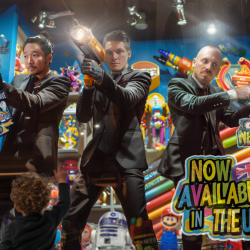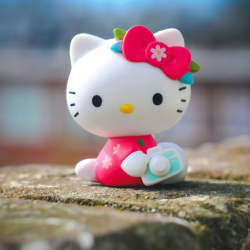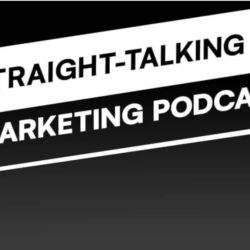As I sit here, the death toll from the devastating earthquakes in Turkey and Syria is climbing into the tens of thousands, with hundreds of thousands left homeless in freezing conditions
The disaster follows headlines of Shell reporting the highest profits in its 115-year existence. Meanwhile, as I flick through news channels, there are warnings that the cost of living crisis could lead to record numbers of children being made homeless, as parents who went to university and work as nurses for example, can no longer pay their rent and bills. This is in addition to the estimated 120,000 children already without a home to call their own. Teachers have been striking, NHS workers, rail staff, Royal Mail workers, the list goes on. The world is full of misery and no-one is happy it seems.
You can sit in A&E for almost 24 hours waiting for a bed for your sick child because there simply aren’t enough beds (I know because I have done this recently with my child). The NHS was always the one thing in this country you thought you could have faith in when the shit hits the fan — to realise that this is now no longer true could be enough on its own to make you lose hope.
Then you consider the war still raging in Ukraine, recession and rising levels of anxiety where kids having a mental health crisis can’t get treatment and government studies say that anxiety in children and young people may have worsened over the past year. Or the fact that women are yet again made to just suffer in silence just for being a woman, as shown by ministers recently rejecting calls for menopause leave and for menopause to become a protected characteristic in law.
With all this, you might think there’s not a lot of hope around right now
But could it be that the opposite is true? That sometimes things need to be so bad for us to begin to search for more good? That people are fighting back against the system, helping the victims of the earthquake or Ukrainian refugees is actually a sign of hope?
Those of you who have been following the hopepunk trend might be seeing it happen not just on our TV screens in the likes of The Last Of Us (2023) on Sky Atlantic, but in society. The striking nurses, teachers, train drivers, ambulances workers et al are not just taking to the picket lines because they want more money, it’s because they are standing up and fighting for what they believe in, like the NHS, better education for our kids, more lives being saved by ambulances getting to emergencies on time. Yes, this shows bravery and strength, but it’s also about the belief that there has to be a better way, a better future — their action is forged from optimism, not doom and gloom.
As most people are living day-to-day with challenges everywhere we look, brands must lean into kindness and help us all imagine a brighter future, where anything is possible again. We need to see more brands focusing on hope in their campaigns, messages, and advertising. We saw messages of hope throughout the many Covid lockdowns, such as the wonderful ‘Our stories are your stories’ collective campaign from all the major UK broadcasters, or the Cadbury spot, which helped people feel a sense of community, like we all belonged to a wider purpose.
Just two years later, and the world needs this again from brands
Take for example the climate emergency. Research shows that continuously hitting consumers with how bad it is, doesn’t work because people feel like it’s hopeless and are left with the feeling that there’s no point doing the small things like eating less meat or driving less, because it won’t make any difference, so we do nothing at all. Instead, showing a world where we see the impact of the small things we can do, showing there is hope has much more of a positive impact, and might actually mean we slow the impact of climate change.
Hope-based storytelling can inspire people, bring about positive change and help people see a better future. Kindness doesn’t have to be dull. Hard-hitting campaigns don’t have to be full of fear. Brands can walk the fine line of honesty but also give hope. It’s what the world needs right now.
Featured image: MART Productions / Pexels





























